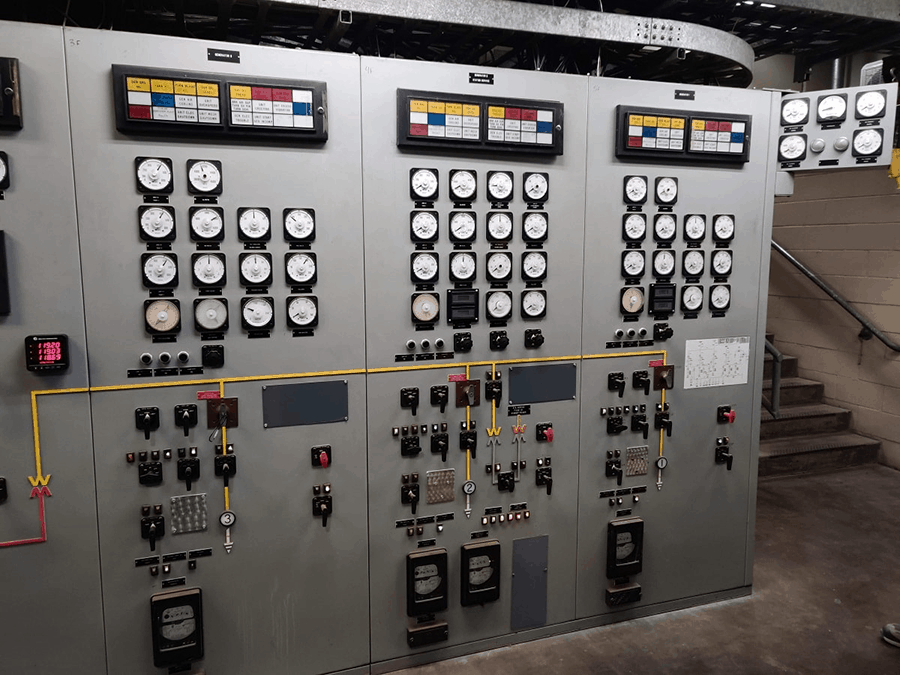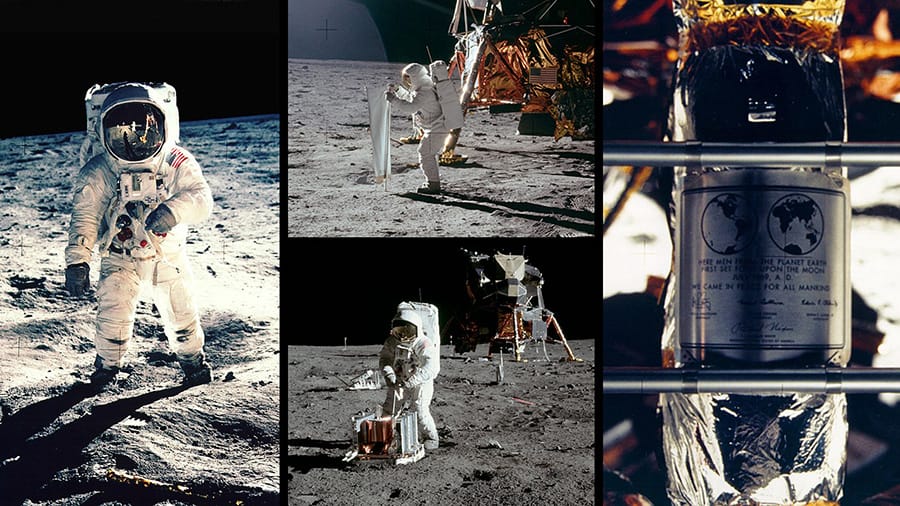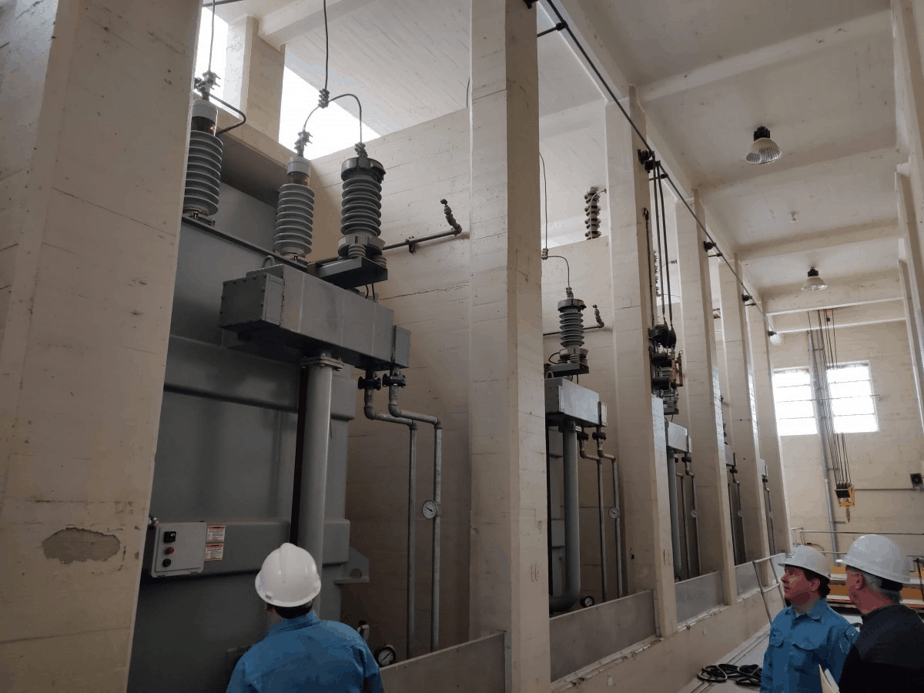What is consulting engineering? It’s about offering top-tier advice and state-of-the-art design services to clients in need.
Imagine being a bit like a bounty hunter in the wild, wild west of engineering. A mercenary called upon when a project is too gargantuan, too intricate, or simply too eccentric for a private company or public agency to tackle alone.
Your role might involve:
- Drafting blueprints for an underground tunnel for a bustling city.
- Overseeing a massive construction project for a utility firm.
- Designing a space component for NASA that’s literally out of this world.
- Working on Apple’s latest top-secret facility, designing its infrastructure.
As a consultant, you dive headfirst into a wildly diverse pool of projects. But remember, you’re like a lone ranger in the wild west; you ride into town, solve their problems, and then you’re back on your horse and off to the next adventure.
In plain English, being a consultant is simply offering up your engineering smarts to the highest bidder.
My time as a consultant engineer and the misconceptions that come with the territory
Back in my college days, my engineering pals thought consulting was a dead-end job, meant only for fools. They believed consultants were pencil-pushers, not getting their hands dirty with any genuine engineering work.
They couldn’t be more off base.
In this piece, I’m setting the record straight about these misconceptions, taking each one head-on, and shining a light on what consulting engineering really is.
Here are the usual suspects:
- You’re not applying real-world knowledge.
- You’re a glorified paper-pusher.
- You’re shackled to your office desk.
- Your work is dull and unchallenging.
- You’re always bending over backward for clients.
- You’re stuck doing the same old stuff, day in, day out.
- You’re not learning anything new.
- You’re the company’s scapegoat.
- Your finances are on shaky ground.
Let’s roll up our sleeves and set the record straight, shall we?

Important Note: Consulting engineering firms come in all shapes and sizes, each with their own unique flavor of expertise. Some folks are knee-deep in design work, while others crank out top-notch written guidance. So, it’s a bit of a wild west out there – no one-size-fits-all approach.
#1 Extensive real-world application knowledge

As a consulting engineer in the power sector, I’m here to tell you that we are brought in for our tailored technical know-how and experience.
Consulting engineers are the unsung heroes orchestrating the grand symphony that is our public infrastructure. From designing the arteries of our cities—substations, roads, tunnels, you name it—to pioneering renewable energy ventures like wind farms and nuclear plants, our marks are everywhere.
And let’s not forget the private sector behemoths—Tesla, AT&T, Apple. They’ve got consulting engineering firms on speed-dial. Our role as consultants is crucial, and without our expertise, the public sector might just crumble. But, don’t get it twisted—there’s absolutely a role for in-house public sector engineering, it’s just not as predominant.

Important Note: Generally, the more varied a private company is, the fewer consultants they’ll rope in. These companies don’t often bring in consultants for their bread-and-butter engineering work. If they do, it usually means they haven’t quite nailed how to run their show.
For instance, I might whip up a design for a substation to juice up a new Apple data center, but I’m not gonna be doodling up their next-gen iPhones.
Over on the public sector side, the engineering work model is a different animal. The engineering for public infrastructure is all about serving Joe Public. So, no one bats an eyelid if consultants do most of the engineering work. We’re not guarding any state secrets here.
#2 More than just paper pushers
You won’t rake in the big bucks just pushing papers around. You might pull a fast one on an unsuspecting business for a single project, but once the cat’s outta the bag, you’ll be hitting the road in no time.
There’s a reason some consulting engineers pull down eye-watering hourly rates of $300 or even $655! These folks provide indispensable services that more than justify their top-dollar fees.
Consulting engineers juggle a boatload of technical tasks. As I mentioned earlier, they offer their expertise to countless clients, making their know-how essential.

Important Note: A lot of companies don’t want full-time engineers. It gets expensive when you don’t have a steady stream of projects to keep them busy. Especially when projects need a mix of different specialized engineers. It costs companies way less to hire out for any engineering work than to keep a bunch of engineers on staff twiddling their thumbs.
#3 Office life versus field work
Sure, some consultants might be chained to their desks all day, but the real trailblazers get out and hit the project sites and manufacturing facilities. After all, there’s only so much you can learn from staring at a computer screen.
Take design work, for instance. You’ve gotta break free from your office chains. You need to visit the site of a new hydroelectric facility, for example, to get a good grasp on the design needs. There’s no substitute for eyeballing things in person and getting down and dirty with the whole engineering team.
When construction gets going, your boots on the ground become even more critical. You’ve gotta make sure the project is done right, and that isn’t gonna happen if you’re kicked back in your office with your feet up.
So, I can’t overstate the importance of hands-on work for engineers. Heck, I’ve even shared my close-call experience in the field, busting the myth that consultant engineers are desk-bound all day!

Important Note: If you’re in the software biz, you might be able to sit in your office all day long. But, if your work involves anything in the physical world, sooner or later, you’re gonna need to step outside your cubicle.
#4 Embrace the challenge

As a consulting engineer, your projects could swing from designing 120-volt lighting for commercial buildings to crafting nuclear power plants and bits and bobs for NASA’s all-important missions. Fun fact: NASA outsourced a chunk of the Apollo program to consultants.
Back in 1962, NASA cut a deal with ILC Dover, a Delaware-based company expert in engineering systems, to dream up spacesuits for the Apollo missions. After a serious bout of brainstorming and design, they birthed the crucial life support system for the moonwalkers.
Your expertise and skillset dictate the projects you get as a consultant, and there’s practically no cap on the challenges you’ll face.
I frequently wrestle with gnarly engineering jobs, way tougher than anything school ever threw at me. This really underscores why a lot of engineering students aren’t ready for the big leagues and why our engineering education is a far cry from perfect.
#5 Navigating client expectations
In the grand scheme of things, you’re always gonna be a bit at the mercy of the person who’s signing your checks. Consider these examples:
- Consulting engineering firm: your client
- Corporate employee: your boss and customers
- Corporate CEO: your shareholders
- Public agencies: the public
As a consultant, I’ve never felt totally powerless. Yeah, you might bump into a tough client now and then, but they’re pretty rare.
Here’s the skinny on the process behind a consultant’s services:
- A client hires you to pull off a specific scope of work.
- You make the client’s vision a reality.
- Throughout the process, you’re asking questions to clear up any doubts.
As an expert engineer, you’ve gotta do what’s best for your client—that’s why they’re shelling out the big bucks. Your client might question your call from time to time, but it’s key to stand your ground and explain your choices.
If a client’s suggested design is a flop, don’t let them push you around. As an engineer, you’ve gotta stick to the engineering code of ethics, especially since your client will hold you responsible if anything goes south.
Shoddy engineering is a no-go to save time or money, no matter what your client demands!
#6 Diverse and exciting work

In the thrilling world of consulting, you’re like a scuba diver, fully immersed in a swirling sea of diverse projects, each one with its own exciting twists and turns. You see, this isn’t your typical 9-to-5 where you’re pigeonholed into doing the same repetitive tasks.
Now, don’t get me wrong. As a consultant, you could choose to specialize, say, in commercial lighting design. But come on, who wants to drag the same old cookie-cutter blueprint from building to building like a worn-out record stuck on repeat? Trust me, that gets stale faster than last week’s bread. If it were me, I’d go stir-crazy doing the same thing all the time.
For a little taste, here’s a short list of riveting projects I’ve tackled just within a single year:
- Spearheading the design of a hydroelectric power plant
- Drafting designs for a utility-owned wind farm
- Creating a blueprint for a 230,000-volt substation
- Analyzing a 230,000-volt transmission line
- Conducting short circuit analysis for industrial bigwigs
- Designing power and control infrastructure for a water treatment plant
- Orchestrating control system design for factories
- Installing EV charging station design for automobiles
- Managing a 12,000-volt to 230,000-volt control relaying design for substations

Important Note: Each of these projects could fill up the career of a single engineer, like someone who devotes their life to designing hydroelectric power plants. That’s their bread and butter, year after year.
Still, notice how all these projects interlink like a jigsaw puzzle. They’re all about power and controls. That means if you’ve mastered one, you’re just a hop, skip, and a jump away from the others.
I get a real kick out of this variety. I’ve been in the thick of public projects for every big city in California and rubbed elbows with some real bigwig private companies.
There’s no two ways about it, this kind of variety is the spice of life in consulting. And with each new project, you get to dive deep into the core of the work. Some of these jobs come with price tags in the hundreds of millions and the stakes can be high, with the potential to impact millions of lives.
#7 Boundless learning opportunities
Look, I’ll put my neck on the line here and say this: you’ll learn more as a consulting engineer than in your run-of-the-mill job, thanks to the sheer diversity of work you’ll encounter.
Each new project is like opening a door to a new universe of knowledge, exposing you to fresh insights and perspectives from people across different industries.
In a large corporation, your world can shrink to the size of the single project you’re stuck with for months on end. And that means your learning gets boxed into a single, narrow niche.

Important Note: As the hired expert, consultants are the ones doing the teaching. But, as a consultant, your learning comes from chatting with other engineers in your office and from pushing the boundaries of your knowledge in your own time.
#8 Navigating legal challenges
Look, let’s not sugarcoat it. We live in a world where lawsuits are as common as morning coffee, and any line of work comes with its share of legal entanglements.
But let’s be real, some jobs invite more liability than others. Take for instance a bridge engineer – it’s like walking a tightrope over a chasm. If your design fails, it could lead to serious injuries or even fatalities. And, given that consultants, like yours truly, take on loads of design work, we find ourselves standing on the frontline of legal firefights.
Indeed, some folks hire consultants to act as human shields, ready to take the fall if anything goes south. It’s one reason why a bunch of companies and agencies avoid doing all the work in-house.
But hey, if you stick to the engineering code of ethics, you should be able to dodge most of those legal bullets.

Important Note: To practice engineering professionally, you need two key ingredients. First, you need a license to sign off on the paperwork (like the Professional Engineer, or PE, license). Second, you need some serious engineering chops to handle the technical side of things.
These two elements are like two sides of the same coin; they’re distinct, yet both crucial.
Now, let’s say you’re working at NASA, where they don’t require PE licenses. In that case, NASA itself bears the brunt of any engineering blunders.
So, in industries where PE licenses aren’t needed, the company steps in as the legal shield for its engineers. But when you’re out there practicing solo, your PE license takes the place of the employer.
Your PE license is basically your name tag to the state and the public, telling them who to point the finger at if anything goes wrong. So, as a consultant, you’ll need to be ready to roll with the legal punches.
For more scoop on PEs or Professional Engineers, check this out.
#9 Financially stability
Look, being a consulting engineer doesn’t automatically mean you’re taking a wild ride on the financial roller coaster.
In well-established consulting engineering firms, you’re building lasting relationships with clients, setting up a steady flow of fresh projects. And if you’re thinking of setting up a one-person show, you can slowly but surely build your clientele.
The secret sauce? Keep your skills sharp and deliver service that knocks your clients’ socks off. This formula keeps your clients coming back for more and gets them spreading the good word about you.
At the end of the day, whether you’re a consultant or not, if you’re a mediocre engineer or part of a shaky company, you risk being handed your pink slip.
“What is consulting engineering?” wrap up
Consulting is like grabbing the golden ticket to an adrenaline-fueled adventure, wrestling with a variety of fantastic engineering challenges. The only limits? Those you set for yourself. And if the business world gets your blood pumping, you can even launch your very own engineering consulting firm.
What’s more, with more and more companies and agencies farming out their engineering work, the demand for top-notch consulting engineers is skyrocketing. So, if you’ve got a fiery passion for engineering and are excited by the prospect of tackling a range of fascinating projects, consulting might just be your calling!
What’s your take on the consulting engineering field? How impactful do you think consulting engineering firms really are?
